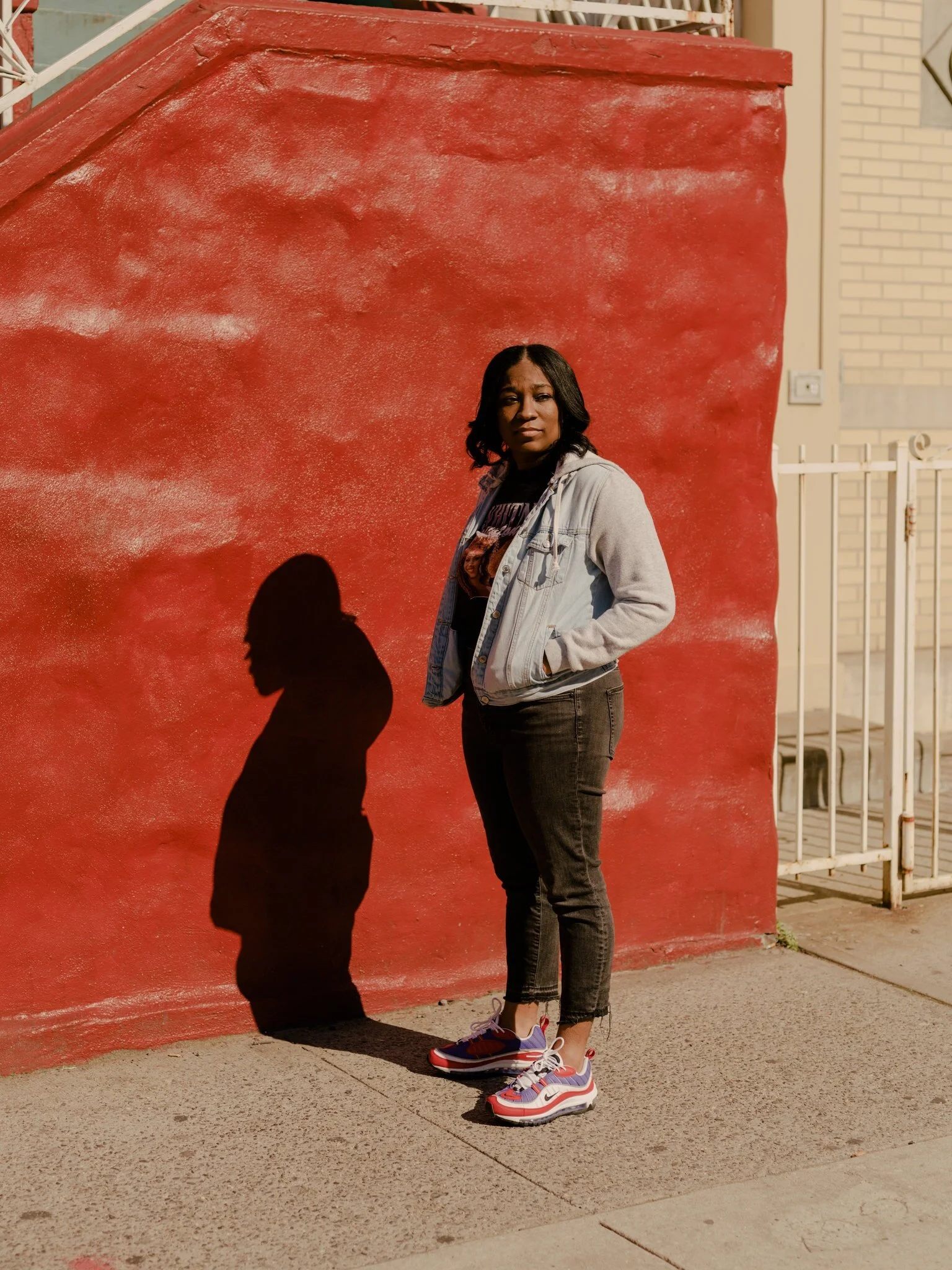Best-selling author Brit Bennett is following the success of her critically-acclaimed debut, "The Mothers," with a "The Vanishing Half," a novel exploring the American history of racial passing. She joins CBS News' Errol Barnett to discuss how the story, which opens in 1968, is particularly timely today. Bennett also shares her reaction to J.K. Rowling's controversial statements on transgender women and how the trending #PublishingPaidMe has uncovered inequities within the publishing industry.
Brit Bennett: 'Last week was truly the wildest week of my life'
Brit Bennett Explores Race, Identity, And Sisterhood In ‘The Vanishing Half’
Bodies Are Not Metaphors: Talking With Brit Bennett
Brit Bennett on Fighting Your Own Self-Consciousness While Writing
'The Vanishing Half' Author Brit Bennett Unpacks Novel's Take on Race: "Identity Is Complicated"
Her mom inspired her book on race and identity. Then came the Hollywood bidding war
Brit Bennett On The Danger Of Symbolic Band-Aids
The novelist Brit Bennett hears her mother recall a rumor from her childhood in the Jim Crow South about a town inhabited entirely by light-skinned Black people. Though she tried for years, Bennett has never been able to locate the exact town her mother describes. But whether this place exists is almost irrelevant, because, like any myth, its specter embodies the material anxieties of that era. This was the genesis of Bennet’s latest novel, The Vanishing Half.
Brit Bennett Set Her Novel 50 Years Ago — She Didn't Expect It To Be 'Timely'
“Now That Someone Has Given You This Knowledge, What Are You Going to Do With It?”: Brit Bennett on The Vanishing Half, Protest, and How Change Happens
‘If You Can Perform Whiteness, Then What Does It Mean to Be White?’
Brit Bennett Reimagines the Literature of Passing
4 Writers to Watch This Summer
Bennett, 29, turned that anecdote into a scene in her second novel, “The Vanishing Half” (Riverhead, June 2). It’s one of many stories the California-born Bennett has inherited that have formed her impression of Palmetto — current population: less than 200 — as “a kind of mythical place.” The sort of place that, like many insular Creole communities, looms large in its residents’ psyches even long after they’ve left.
With Author Brit Bennett’s Second Novel, a Literary Star Is Born
Author Brit Bennett talks about her book, ‘The Vanishing Half’
Book Club: Your end-of-summer reading and watch list
Brit Bennett on Her New Novel, Favorite Writers, and Zoom Fatigue
Bestseller ‘The Vanishing Half’ Finds an Audience in Turbulent Times
Kerry Washington, Warner Bros. to Adapt 'The Mothers'
How did Brit Bennett write a novel relatable to everyone? By writing about black women.
Back when her novel was different, before it was a New York Times best seller and a story about a secret, Brit Bennett got her first fan. She’s young now, 26—a fact that no one can believe, because her book feels so much older—but she was even younger then, 18, maybe 19. She was in a creative writing class her freshman year of college and she needed a short story to workshop. “I’m not a short story writer at all,” Bennett told me.
Instead, she pulled a scene from the novel she’d already been working on for more than a year, wrote it from the perspective of a girl with a deep, dark secret, and handed out copies to her class. One of her classmates admitted the next week in workshop that she’d become so engrossed in the story that she missed her stop on the train.


















